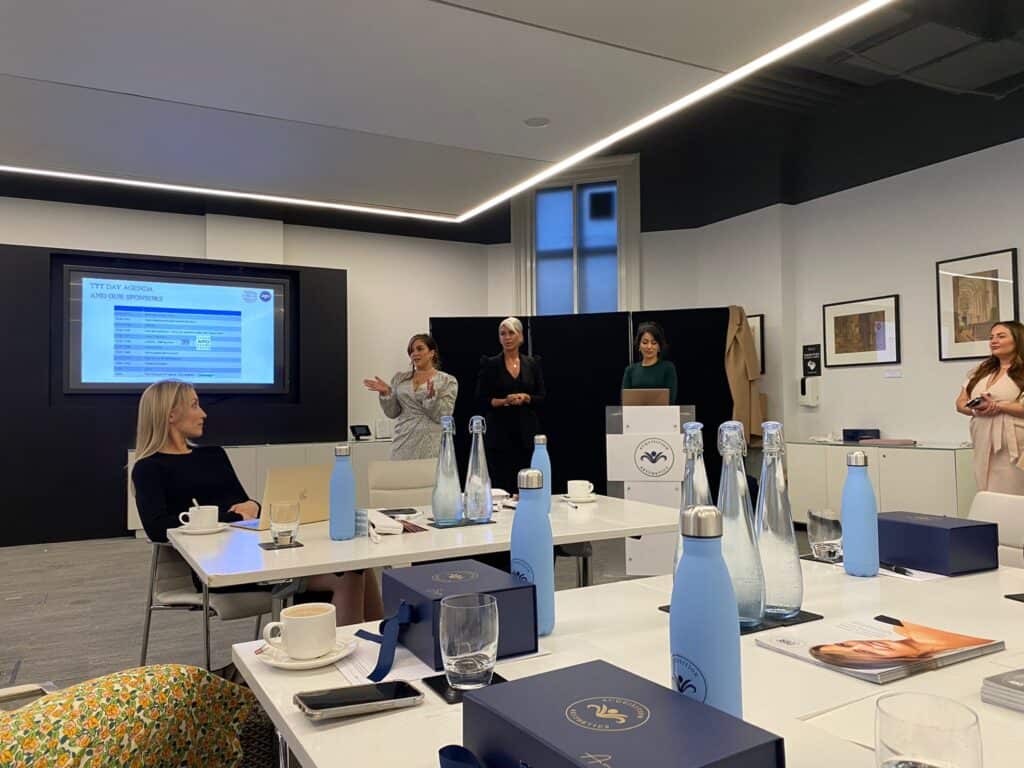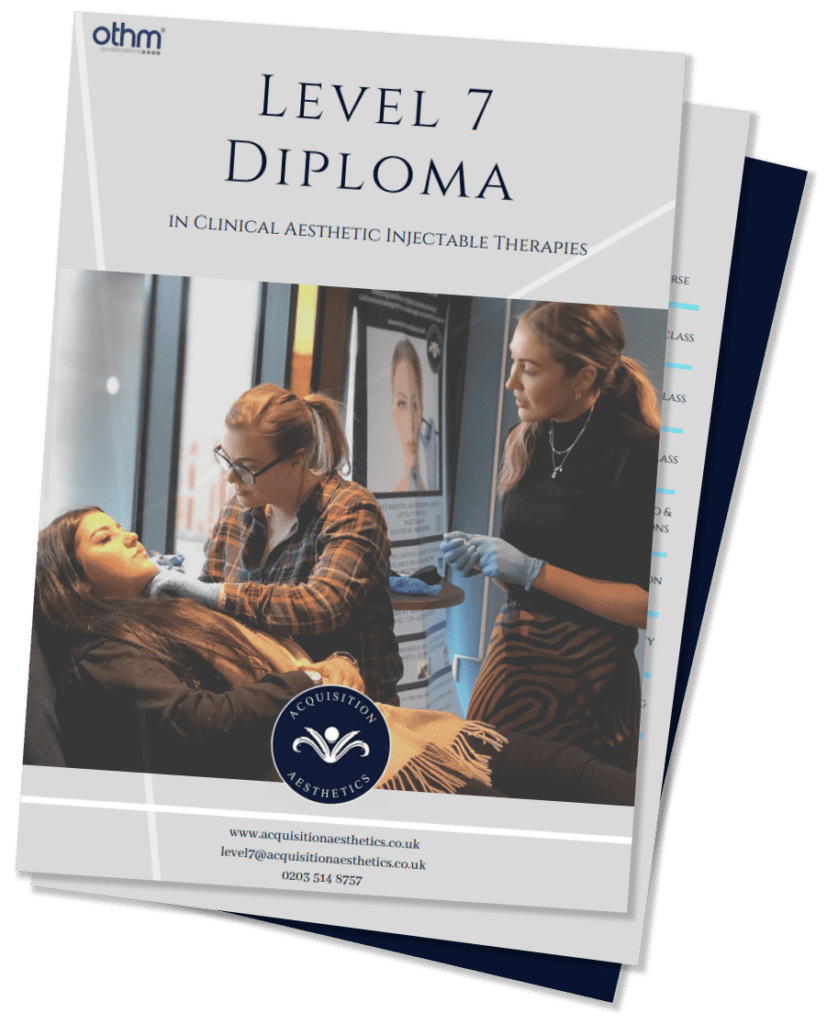The feeling of completing a critical literature review is enough to fill anyone with dread. An essay!? Many haven’t done one of those since being an undergraduate. Which is where this piece comes in. Hopefully, this will help with direction in how to conduct the critical literature review aspect of your Level 7 aesthetics course.

What is a Critical Appraisal?
A critical appraisal is an essential process to be able to confirm or dispel false studies or opinions from patients regarding treatment. It prevents sensationalism of treatments and uses current evidence to offer the best treatments. It’s a vital part of your level 7 aesthetic medicine training.
Determine the type of research
This involves looking into the paper you’re assessing and working out if the research is descriptive or analytical, qualitative or quantitative, observational or experimental. This is an essential stage to analyse the research that has been carried out.
What is the relevance of this conclusion?
For your level 7 diploma aesthetics, you need to look into the relevance of the conclusion. How does this research impact you as a practitioner? Can the research be generalised to your own practice? Are the subjects that have been researched relatable to your cohort of patients? This is essential to relate any research to your own practice. In addition to this, consider how you can apply this research yourself.
Does the research impact the field of Aesthetics?
How does the research impact the broader practice of aesthetics? As Aesthetics is considered a branch of medicine we need to consider how the research is going to impact this moving forward. If a conclusive result is found would it impact your work on a day-to-day basis and impact your development as an aesthetic practitioner?
Discuss the question being asked
Discuss what the study is trying to determine and how this is impacting on aesthetic practice, what treatment/intervention is being tested and is this relevant to your practice. If the study compares one treatment to another how is this examined and what study methodology is being used. What other aspects do the study look at is it looking at financial aspects of the product or intervention being used or is the product or intervention being measured on its outcome or efficacy this is essential to reviewing any research as to watch the study is actually being asked to answer.
Discuss methodology
What methodology has been used in the study? Did the investigators collect the research appropriately and in the most effective way? Comment on how the investigators have analysed the research that they have collected, and have they used a representative methodology for the question that they wish to answer. Comment on if the research could’ve been collected in a better methodology and don’t be scared to look into this deeply and critically.
The Null Hypothesis
The Null hypothesis is the outcome of treatment when nothing will change. Has this research got a no hypothesis and comment on how this is being improved or disproved?
How were the results analysed? (statistical analysis)
What methodology has been used to analyse the statistical results? Comment on how the statistics could’ve been analysed better and if there could’ve been a more comprehensive analysis. Analyse the variables assessed and comment on if this is relevant to the field that is being examined.
Conclusion Vs Statistics
Look at the study’s conclusion and match the statistical outcomes to this.
How have the results been sensationalised? Have the examiners made the results appear more effective than they actually are? Could the explanations of the statistical significance of the findings be explained via phenomenon?
Conflicts of interest
Examine bias in the study, has the study been conducted by a large pharmaceutical brand therefore has there been a conflict of interest in the research being successful.
Relevance of conclusion
Examine the research overall. State how the research impacts your practice and comment on its relevance overall in the general field of aesthetic medicine.
Once you have completed the above points you will gather an understanding of the study you have read and analysed. From this you can put together a document using appropriate headings to analyse the research, from this you will be able to put together your critical appraisal for informal assessment to the level 7 team. This will play a big part in your dermal filler and botox® training and the other elements of your level 7 qualification. Remember to keep up to date on your online aesthetics course training too.
Check out our Level 7 course section on our website for more information and get in touch if you have any questions or queries.


